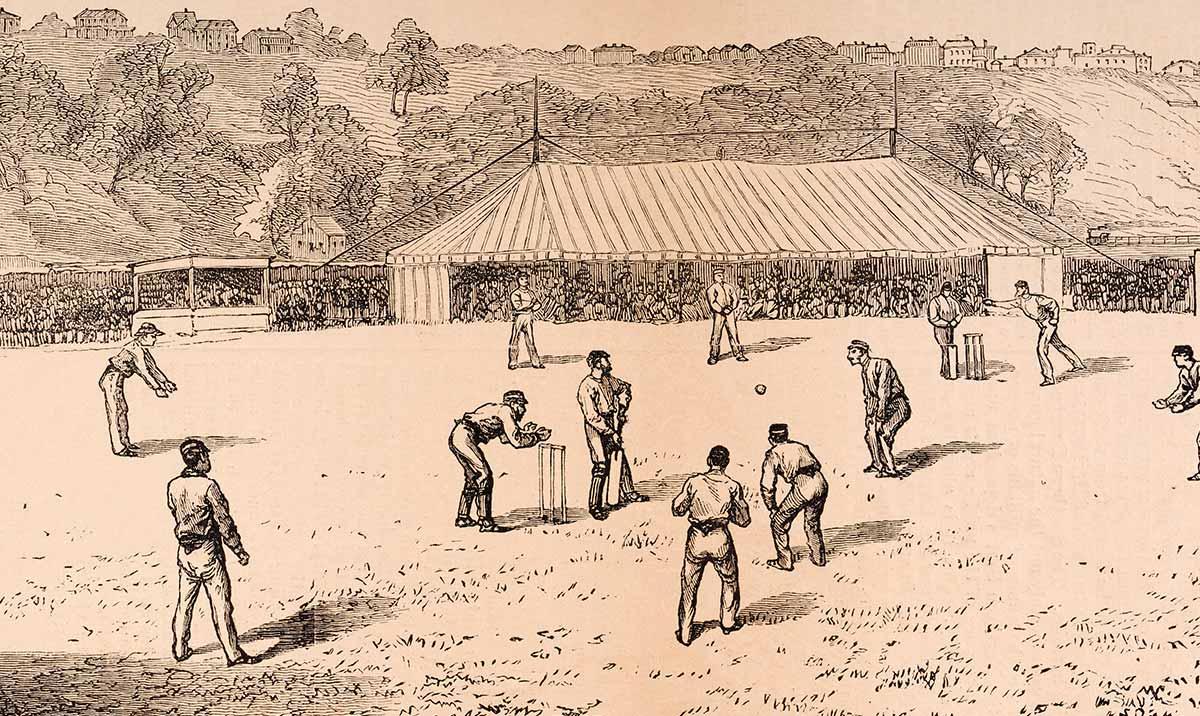Cricket, once the quintessential sport of the English gentry, has transformed into a worldwide phenomenon that captivates millions. Originating in 16th-century England, cricket was initially played by the elite, characterized by its leisurely pace and strict adherence to etiquette.
Over the centuries, cricket evolved significantly, spreading across the British Empire and beyond. It became a symbol of national pride in countries like India, Australia, and the West Indies, where it took on cultural significance and became a passion for millions.
The game itself underwent dramatic changes with the introduction of limited-overs formats like One Day Internationals (ODIs) and the high-octane excitement of Twenty20 (T20) cricket. These innovations made the sport more accessible and thrilling, attracting a new generation of fans.
Today, cricket is not just a game but a global spectacle, with tournaments like the ICC Cricket World Cup and the Indian Premier League (IPL) drawing enormous crowds and television audiences worldwide. Players are now international stars, celebrated for their skill, athleticism, and strategic prowess.
In essence, cricket's journey from its aristocratic origins to its current status as a dynamic, inclusive sport reflects its ability to adapt and resonate across cultures and generations. As we continue to witness its evolution, one thing remains clear: cricket's allure and impact continue to grow, making it a truly universal sport.
#Cricket #Sports #GlobalPhenomenon #EvolutionOfCricket




